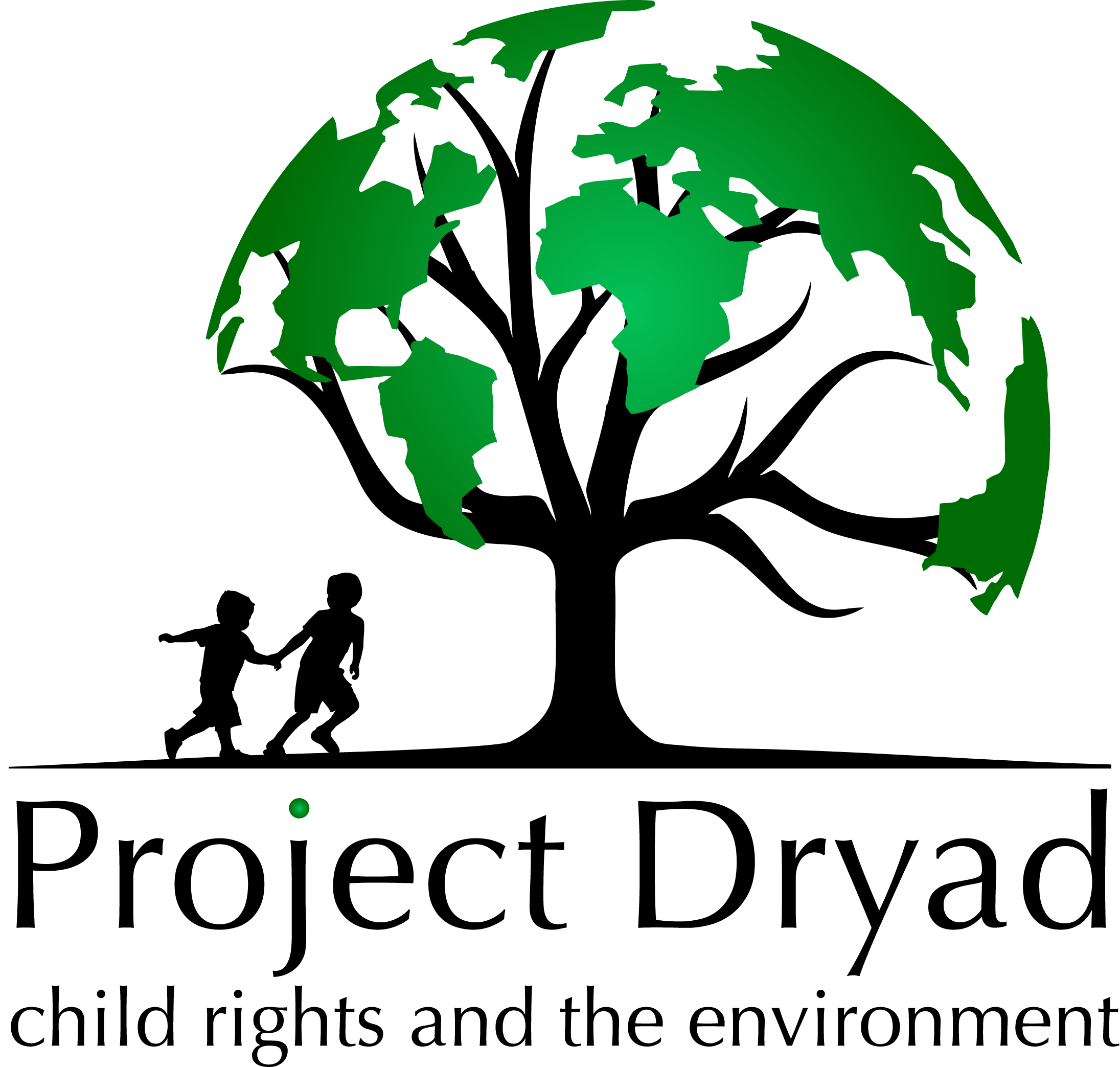Project Dryad speaks at UNFCCC about child empowerment in climate action
Director of Project Dryad, Joni Pegram, participated in a UNFCCC in-session dialogue on the engagement of children and youth in ‘Action for Climate Empowerment’ - the term used to refer to efforts by governments under the Paris Agreement and UNFCCC to empower all members of society in climate action. ACE has six elements: climate education and public awareness, training, public access to information, public participation, and international cooperation on these matters.
The in-session dialogue was the first to take place under the new 10-year ‘Glasgow Work Programme on Action for Climate Empowerment’ which was adopted at COP26 in Glasgow last year, and which is intended to further strengthen the implementation of ACE. This year, negotiations are continuing to elaborate an ACE Action Plan, containing clear, short-term and time-bound activities for implementation of the Work Programme.
Pegram’s remarks underlined the opportunities to promote children’s rights to environmental education and meaningful participation through the new Glasgow Work Programme and its Action Plan, including through explicit activities that would build coherence between the latter and States’ parties obligations under the UN Convention on the Rights of the Child. In particular, Pegram spoke about the UN Committee on the Rights of the Child’s forthcoming General Comment No.26 on children’s rights and the environment with a special focus on climate change, and the guidance that this will provide to States. She also highlighted the best practice process of consultation with children to develop the General Comment, and that Parties to the UNFCCC could benefit from these learnings.
During the Q&A, Pegram responded to multiple questions from States, notably on children’s right to participate, and the importance of providing appropriate mechanisms for younger children in particular.
“Of all the subjects where children should be consulted and able to meaningfully participate, climate change surely has to be right at the top of that list. We’ve seen their activism and their passion through the climate strikes, through increasing cases of climate litigation through the courts because they feel that policy-makers are not responding to their needs and priorities. I just want to emphasise that this is not simply something that we bestow on children but also a legal obligation under international human rights law.”
Watch her presentation at 45m50s, followed by the Q&A session
“

